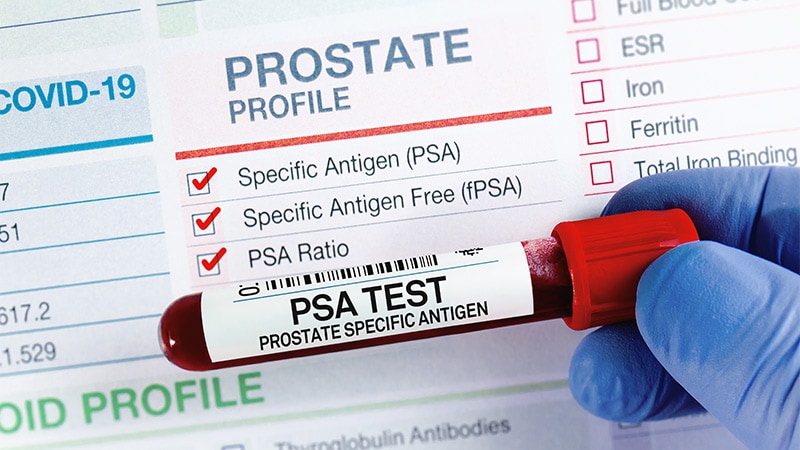A joint National Patient Safety Alert has been issued by NHS Improvement and NHS England national patient safety team, Royal College of General Practitioners, Royal College of Physicians and Society for Endocrinology regarding the introduction of a new Steroid Emergency Card to support the early recognition and treatment of adrenal crisis in adults.
The alert asks providers to ensure all eligible patients are issued with a Steroid Emergency Card and to put processes in place to check if a patient has a Steroid Emergency Card ahead of any emergency treatment, elective surgery or other invasive procedures.
All patients with primary adrenal insufficiency are steroid-dependent, and some patients who take oral, inhaled or topical steroids for other medical conditions may develop secondary adrenal insufficiency and become steroid dependent.
The omission of steroids for patients with primary or secondary adrenal insufficiency can lead to adrenal crisis, which if left untreated can be fatal. If these patients become acutely ill or are subject to major body stressors, such as from trauma or surgery, they require higher doses of steroids to prevent an adrenal crisis, the alert notes.
While substantial resources exist, clinical staff are not always aware of the risk of adrenal crisis, or the correct clinical response should one occur. Hence, recently issued national guidance promotes the new patient-held Steroid Emergency Card to help health care staff identify patients with adrenal insufficiency and provide information on emergency treatment if the patient is acutely ill or experiences trauma, surgery or other major stressors.
This article originally appeared on Univadis, part of the Medscape Professional Network.



